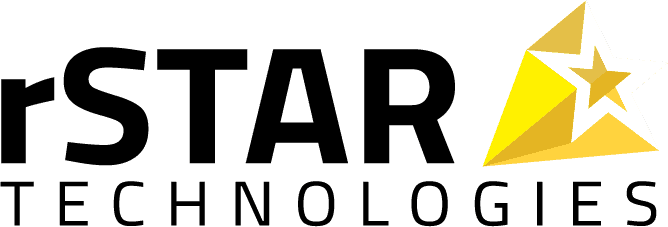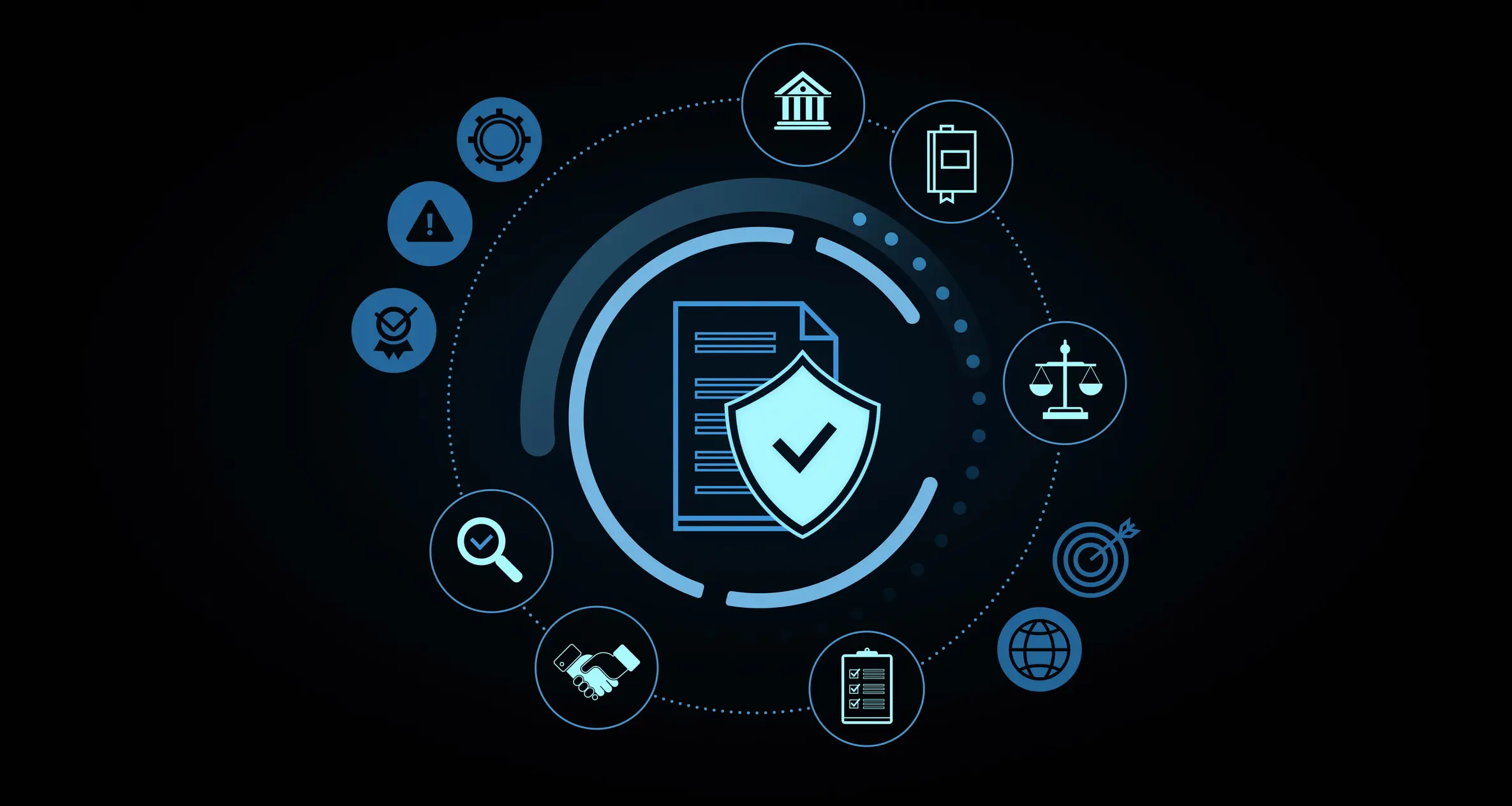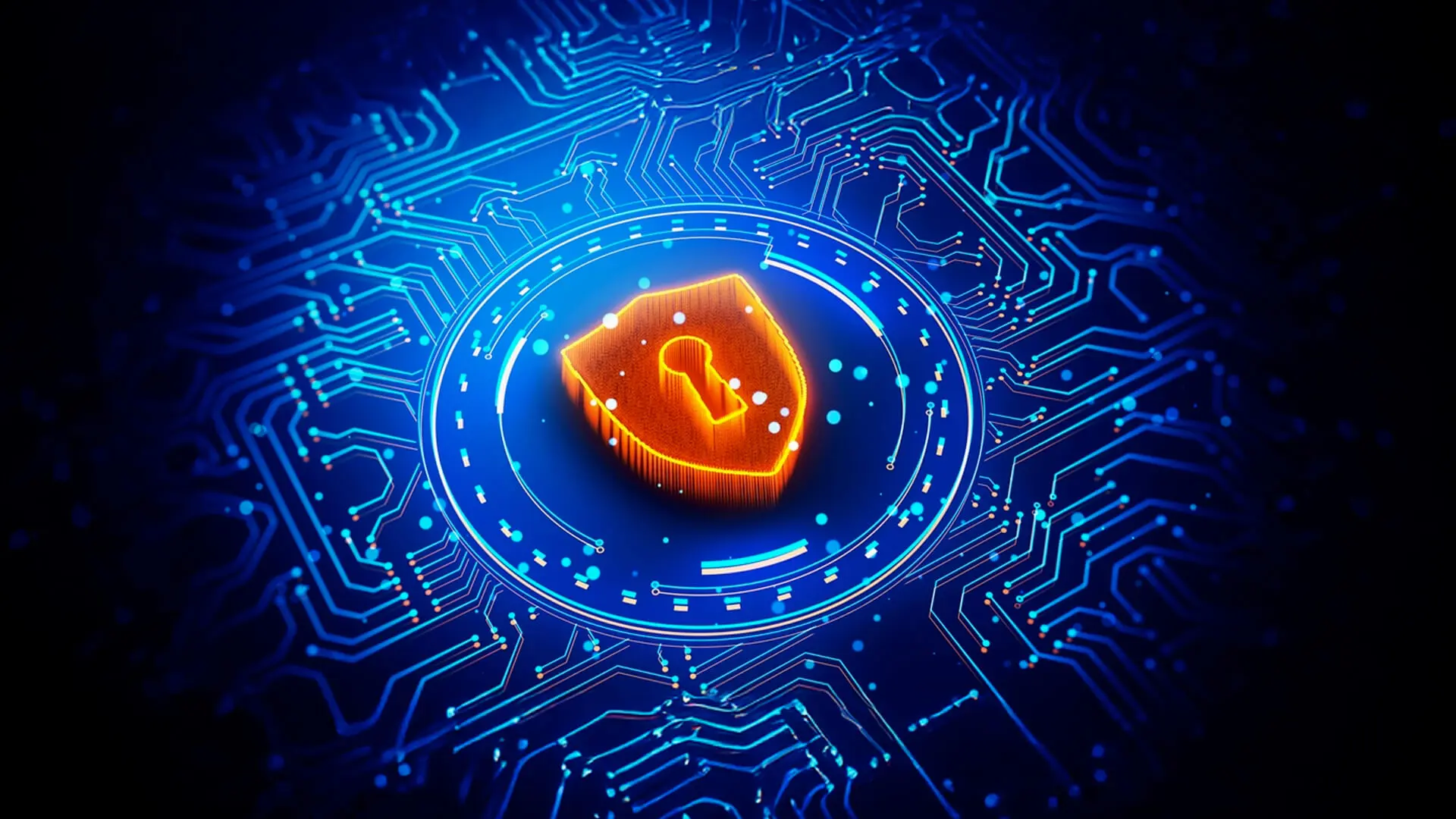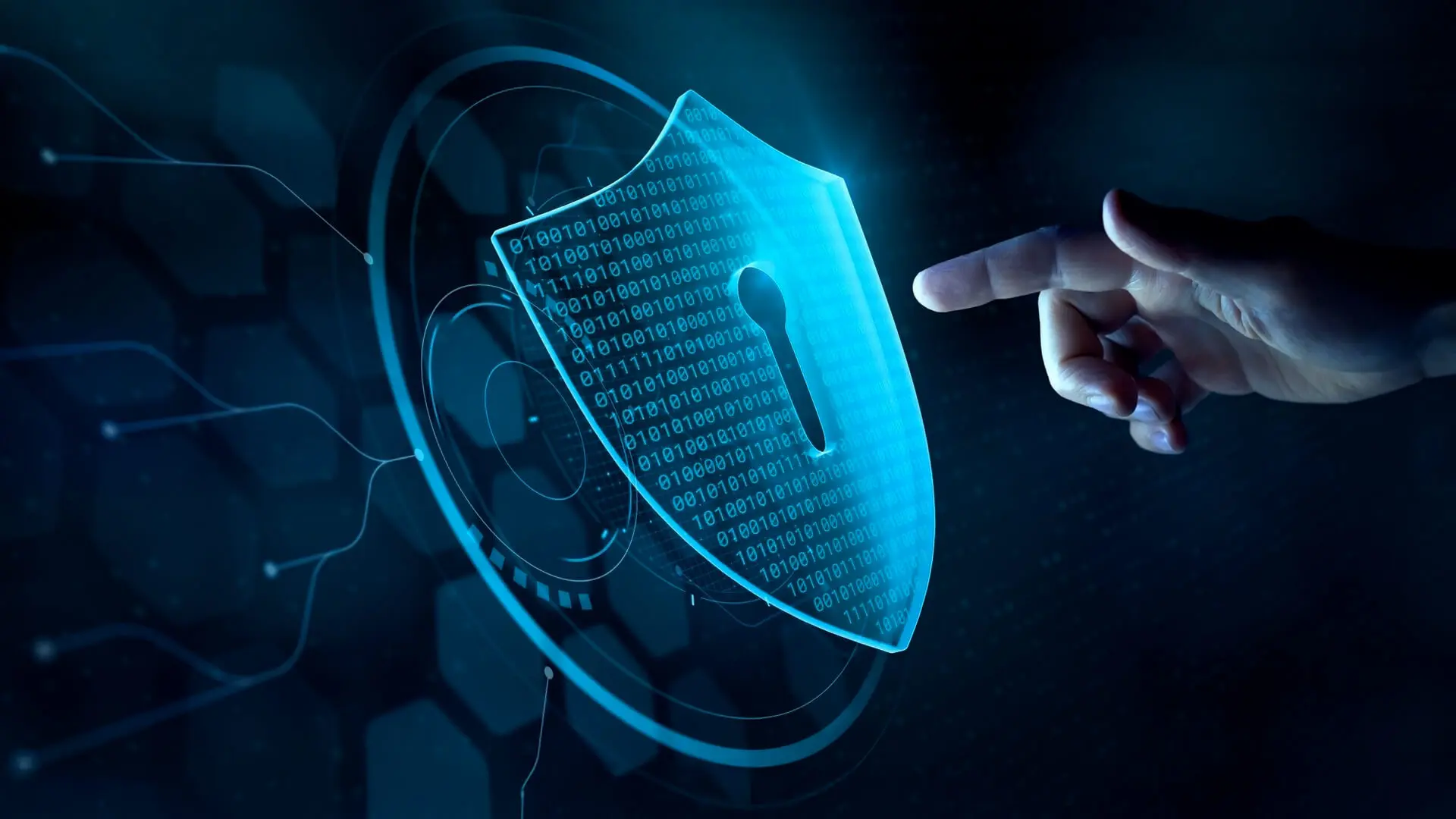rSTAR Technologies, a full-service specialized system integrator, has expanded its offerings to include a Salesforce security assessment. We recently added a dedicated cybersecurity practice that includes experts to strengthen clients’ Salesforce environment, improving business agility and success. Our extensive experience in asset-intensive industries such as manufacturing and automotive enables us to provide a Salesforce Security Assessment that combines exceptional platform proficiency with advanced cybersecurity strategies to identify vulnerabilities, mitigate risks, and ensure regulatory compliance.
Our Salesforce Security Assessment provides our clients with insight into the security posture of their Salesforce environments. It pinpoints potential security gaps and delivers a proactive, risk-based roadmap for maintaining robust security measures while maintaining the value they are receiving from Salesforce.
This article explores why you should consider our Salesforce Security Assessment, outlines what our comprehensive review covers, and details rSTAR’s proven three-step assessment process.
The Value of rSTAR’s Salesforce Security Assessment
Your Salesforce platform holds a wealth of valuable data—from customer records to critical operational insights—making it an attractive target for adversaries. Whether you rely on Sales Cloud, Service Cloud, Manufacturing Cloud, or any other Salesforce product, misconfigurations and vulnerabilities can expose your data to bad players. Security is a foundational priority; neglecting it can lead to data breaches, loss of customer trust, and regulatory penalties, significantly impacting your business.
Organizations lacking visibility into their security posture or a structured approach to managing user access and permissions face a high risk, particularly if they’re unaware of potential threats. A Salesforce security assessment offers essential insights to prioritize remediation efforts and align security measures with business objectives, ensuring that your Salesforce environment stays secure even as cyber threats evolve.
Don’t delay security assessments until an incident occurs—a reactive approach results in more significant losses, damage to reputation, and regulatory penalties. Identify and address security gaps before they result in severe consequences.
What a Comprehensive Salesforce Security Review Typically Covers
A robust Salesforce Cloud Security Assessment examines multiple facets of your Salesforce environment to provide a detailed picture of your current security posture. We cover several critical areas.
Identity and Entitlement Security
Conducting thorough entitlement reviews in Salesforce constitutes a fundamental pillar of robust cybersecurity governance yet remains one of the most overlooked vulnerabilities in many organizations’ security postures. These reviews are particularly critical because Salesforce environments typically house vast repositories of sensitive customer data, proprietary business intelligence, and financial information that, if compromised, could result in devastating compliance penalties and reputational damage. What makes this challenge even more complex is the proliferation of non-human identities (NHIs) – including API integrations, automated processes, and service accounts – which often possess elevated permissions but escape traditional user access reviews. A comprehensive entitlement assessment must examine both human and non-human identity permissions against the principle of least privilege to effectively mitigate the risk of unauthorized data access and potential data breaches
CX for Manufacturing
Operational efficiency and customer experience (CX) are closely intertwined in manufacturing. You want to operate efficiently enough to deliver top-level CX to customers across all channels. Our security review in this sector covers areas critical to commercial excellence, service transformation, and rebate management. The assessment examines security practices related to sales and service processes, ensuring that sensitive customer and operational data is protected. The evaluation helps you maintain high service standards while securing digital assets from evolving threats.
Data Cloud and Customer 360
As organizations adopt Salesforce Data Cloud and Customer 360 solutions, the security of aggregated data becomes increasingly critical. A comprehensive assessment in this domain focuses on protecting data across all touch points. Our review evaluates measures such as Data Security Risk Assessment (DRA) and Data Loss Prevention (DLP) techniques to prevent unauthorized access and data breaches. Additionally, our assessment reviews the security protocols around Salesforce Co-pilot and Large Language Models (LLMs) implementation, ensuring that advanced AI features are integrated securely. This holistic approach safeguards critical customer insights while supporting data-driven decision making.
Automation and Workflow Automation
Automation is critical to streamlining processes and enhancing efficiency, yet it can also introduce unique security challenges. A security review in this area examines the integrity of Salesforce Flows and the integrations with backend systems through tools like MuleSoft. It assesses Integration Security protocols to ensure that data transmitted between systems remain secure. Additionally, the review covers Data Security measures within automated processes and verifies that proper Identity Management practices are in place. Securing these automated workflows prevents potential vulnerabilities and maintains a seamless operational flow.
Our Three-Step Salesforce Security Assessment Process
We built rSTAR’s approach to Salesforce Security Assessments on a meticulous three-step process that provides immediate ROI. This structured methodology helps us evaluate every aspect of your Salesforce environment and provide actionable recommendations within weeks.
Step 1: Capture Current State
The first step involves documenting the existing security controls in your Salesforce environment. This provides a transparent view of your security posture, highlighting strengths and identifying vulnerabilities. Then, we examine people, processes, and technologies to determine security readiness and establish a baseline for the subsequent assessment phases. Understanding this current state is critical for planning migrations, new deployments, and overall security improvements.
Step 2: Assess and Review
After capturing the current state, our team of Salesforce and cybersecurity experts reviews the findings and assigns them difficulty and criticality ratings—high, medium, or low—based on their potential impact. Our detailed analysis transforms raw data into strategic insights, allowing you to understand where security defences are robust and where they need strengthening, highlighting which vulnerabilities require immediate attention and which can be addressed over time.
Step 3: Recommendations
In this final step, our experts compile a set of actionable recommendations explicitly tailored to your environment. This list prioritizes highest value and ROI projects, ensuring that resources are focused on the most critical areas first. We base our recommendations on a risk-based approach, ensuring that remediation efforts are effective and efficient. These improvement recommendations help you confidently address security gaps, optimize access and controls, and enhance your overall Salesforce security posture with minimal disruption to ongoing operations.
Salesforce Security Assessment FAQs
What are the 4 Levels of Security in Salesforce?
Salesforce security typically encompasses four levels: object-level, field-level, record-level, and user-level security. Each level provides layers of protection to ensure data is accessible only to authorized users.
What is included in a security assessment?
A security assessment reviews your current security posture, identifies vulnerabilities, and evaluates controls across governance, management, infrastructure security, and monitoring. It then provides a risk-based roadmap for remediation.
How long does a security assessment take?
The duration of a security assessment can vary based on the complexity of your Salesforce environment, but a comprehensive review typically takes a few weeks, from initial data capture to final recommendations.
What is the purpose of a security assessment?
A security assessment aims to identify and address potential vulnerabilities, ensuring your Salesforce environment is secure, compliant, and optimized for business continuity.
Why Organizations Choose rSTAR
Manufacturing, utility, energy, and retail organizations use rSTAR for their Salesforce security needs because we bring over 20 years of unparalleled system integration, implementation, automation, and security expertise to projects. We offer flexible engagement models—including fixed fee, time, materials, and staff augmentation—to suit varied business needs. Our global delivery model ensures consistent, high-quality support for assessments, architecture, implementation, and managed services. Fortune 500 manufacturers, high-tech energy and utility companies, top retail lines, and others trust us to secure complex Salesforce environments and drive long-term business value.
Secure your Salesforce Environment Today
A secure Salesforce environment protects valuable data and maintains operational integrity. Our Salesforce Security Assessment is holistic and risk-based, identifies vulnerabilities, and provides a clear roadmap for remediation. With decades of experience and a deep bench of Salesforce and cybersecurity experts, we stand out as your trusted partner in safeguarding your digital future.
Adopt a proactive approach to security today. Take advantage of our expert guidance to discover risks, enhance defences, and maintain compliance. Learn more about our cybersecurity solution to see how we can secure your Salesforce environment for lasting success.






